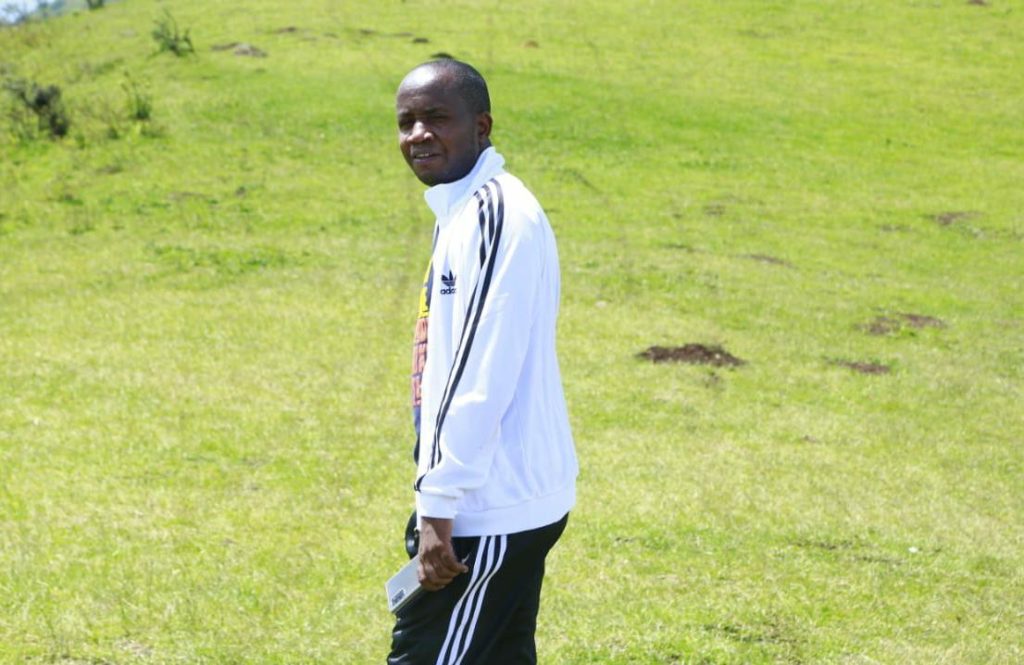Ramadhan Rajab /Photo/CJAK
NAIROBI, Kenya, Apr 25 – Muslims across the world are observing Ramadhan.
The holiest of months in the islamic calendar that is characterized by immense supplication to God, reading the Quran and most noticeably, abstaining from food or drink between dawn and sunset for 30 days.
In a pure act of serendipity, one member of the Crime Journalists Association of Kenya (CJAK) discovered that the second installment of the association’s noble Mental Wellness Day was scheduled to occur in the month of Ramadhan, and for a man who bears the name of one of the most important seasons in the Islamic calendar, Ramadhan Rajab, a distinguished human rights, crime and investigative journalist dared to do what many would not imagine doing while fasting.
Ramadhan participated in a 13-kilometer hike, that was meant to enhance awareness of mental issues among journalists in Kenya.
Initially, the journalist was uncertain whether he would conquer the tough terrain of the scenic Ngong Hills, but he resolved to weather the storm and champion for the noble cause.
This was during the second Mental Wellness Day Saturday, which is a quarterly event organized by CJAK.
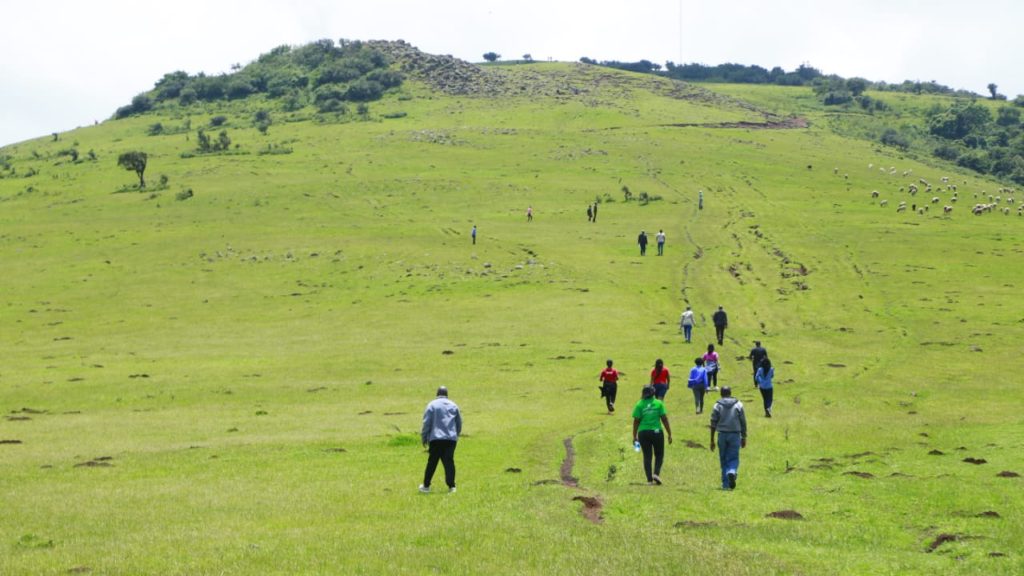
“Initially I had proposed we do a one-hour hike. I wasn’t sure I would finish the entire stretch of hills,” a smiling Ramadhan told Shahidi News on Saturday, shortly after finishing the hike.
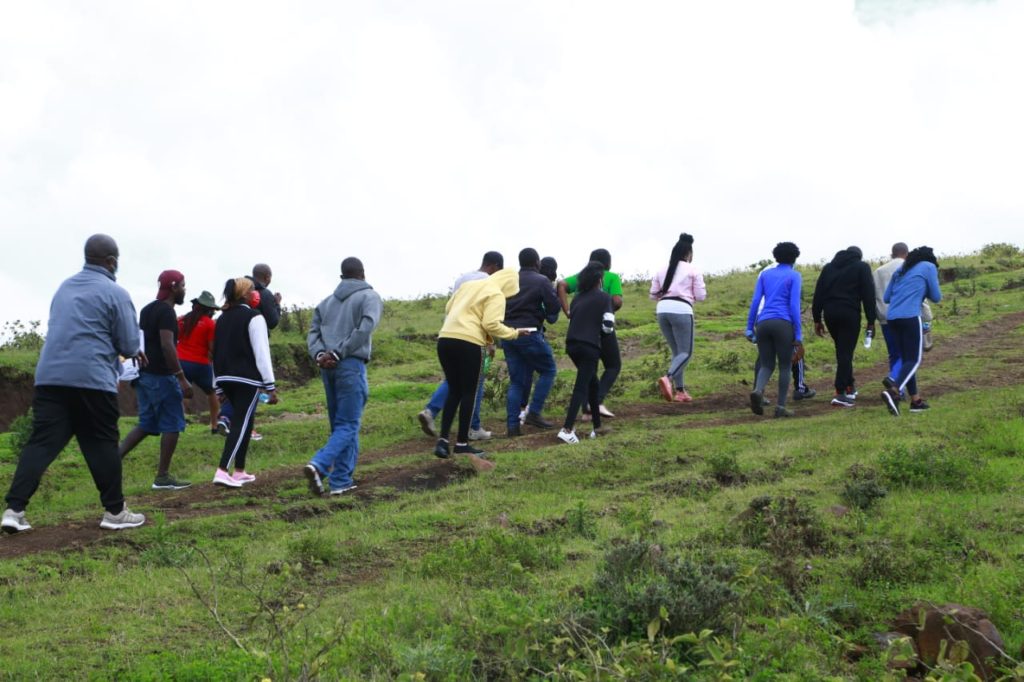
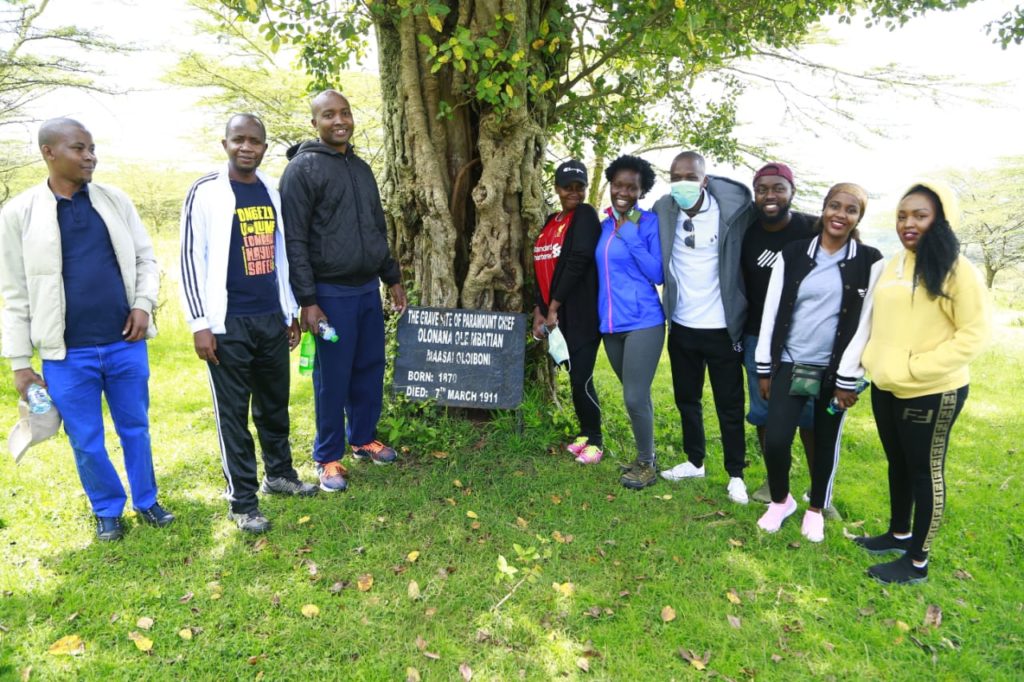
“He kept on walking and did not complain,” one of the Journalists who participated in the hike said.
His sentiments were echoed by CJAK Secretary-General Joseph Muraya, who equally said “Rajab taught us that nothing should limit us from wanting more and pursuing our dreams. We have all attended the event as a way of protecting our mental health, which is slowly becoming elusive with the current prevailing conditions occasioned by the COVID-19 pandemic.”
Though physical activities such as exercising can be a strain on those observing Ramadhan, doctors say that it is important to be fit and healthy at the same time advising those that are fasting and going to the gym not to overdo it, since it may prove costly.
Those fasting are however advised to engage in walks or even light jogs ideally shortly after waking up in the morning.
This will however vary on an individual.
Ramadhan’s call for journalists in Kenya is “to speak out since silence hurts.”
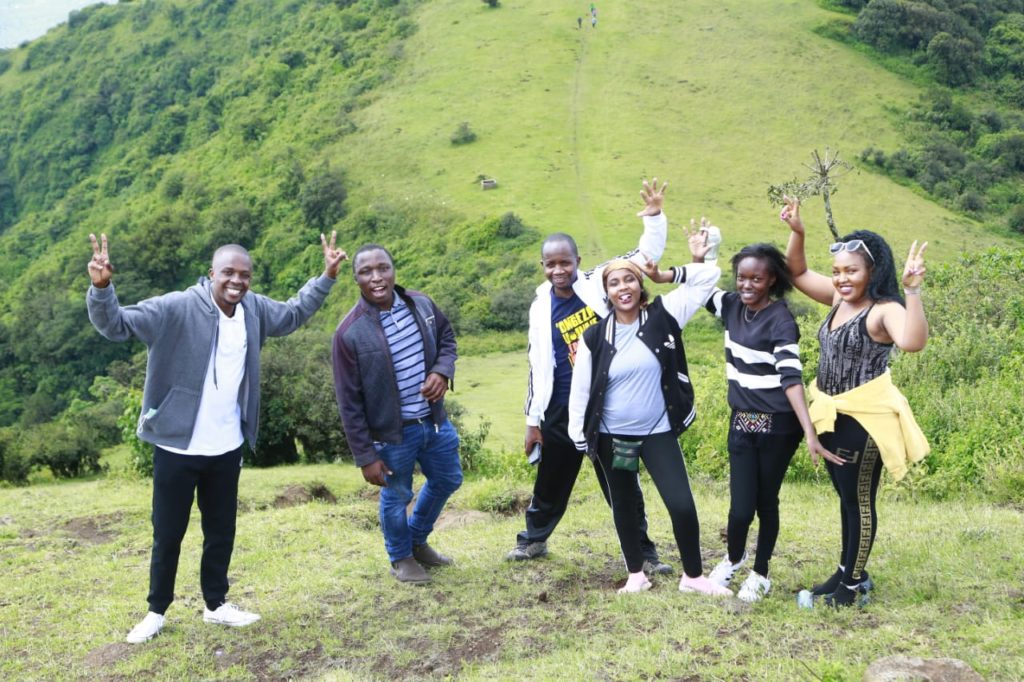
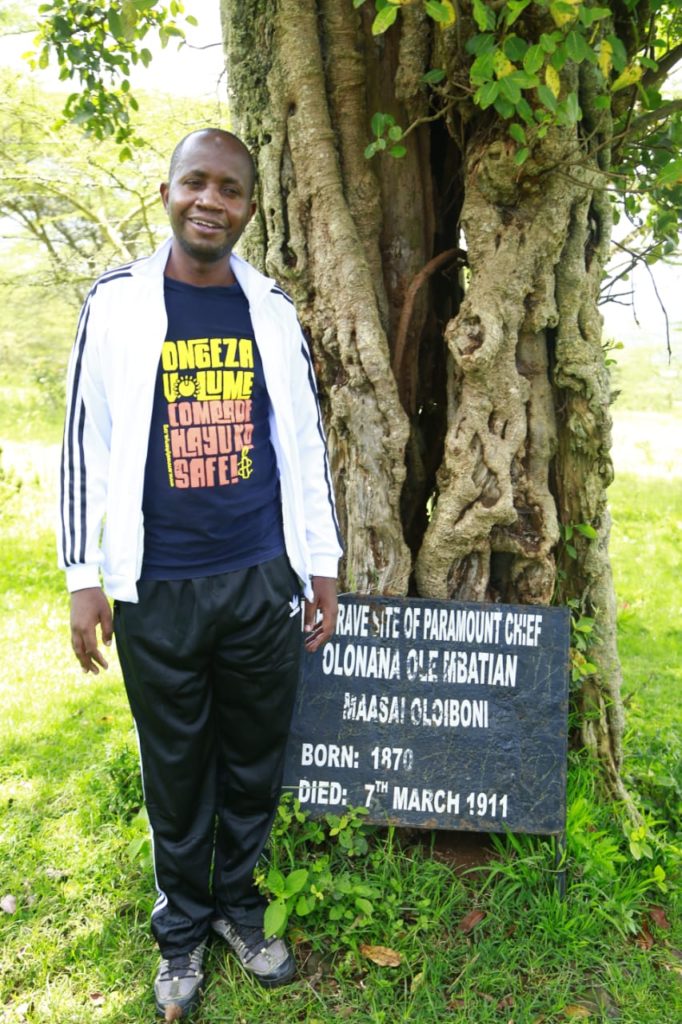
The day was targeted to offer a rare chance to Crime and Human Rights Journalists in Kenya, who are often exposed to traumatic events and incidents, that go-ahead to interfere with their mental health.
“No one can take care of your mental health other than yourself. You only have yourself to do it,” CJAK chairperson Dominic Wabala said during a “mental talk” held after the hike at a hotel in Kiserian, Kajiado County.
“We must take charge of our health and as CJAK we shall only play our part in creating awareness and linking our members and other Journalists with professionals.”
Other attendees of the Saturday event said it had helped them “to decongest their brains.”
International Justice Mission-Kenya communication boss Joseph Kariuki hailed the initiative, which he said, “looked simple but very impactful.”
Why is the event important?
Journalists are often first responders and eyewitnesses to violent news events- whose effects can be long-term.
Trauma reporting can take its toll, resulting in mental health issues.
“Addressing the solution requires understanding the problem” freelance journalist Dannish Odongo, who has also battled mental-related issues said.
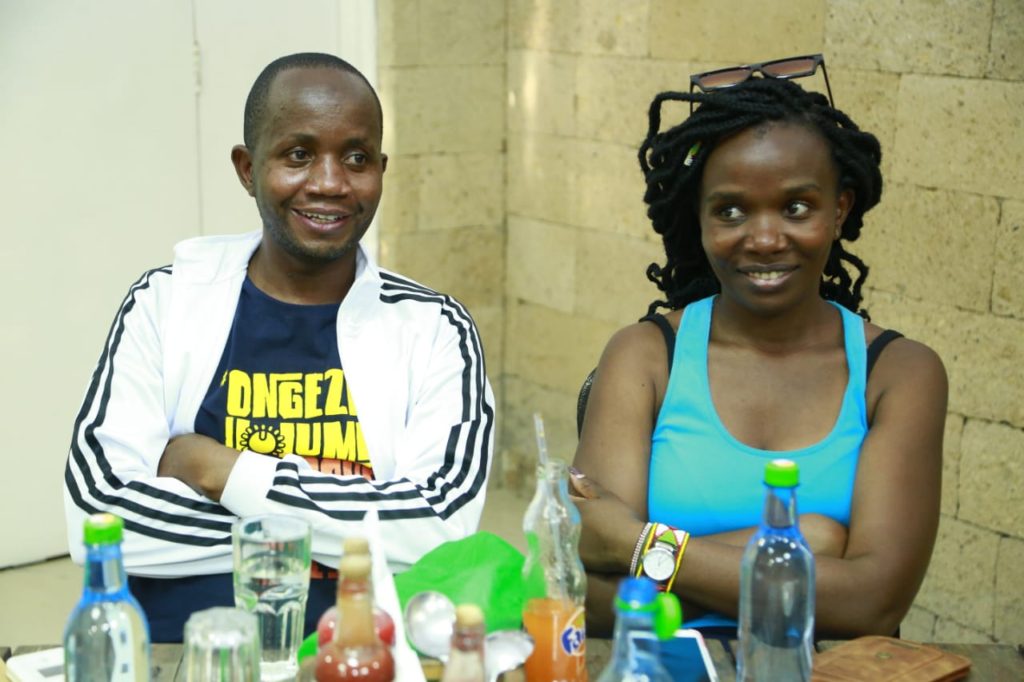
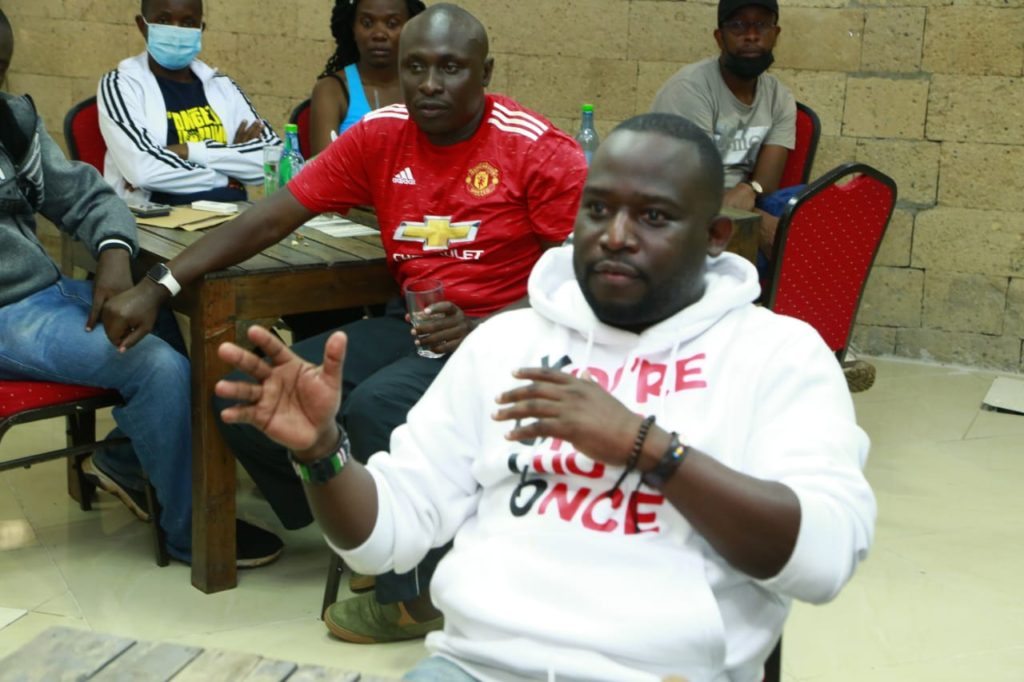
CJAK is doing its part to address the problem and address the stigma associated with speaking out.
Recent reports have found a significant correlation between psychological distress and the absence of counseling.
Some journalists have never had a chance to go for a debriefing session, a trend CJAK is working to reverse.
It is a necessity that is even more urgent during the COVID-19 pandemic, which has increased pressure in newsrooms and resulted in job losses or even pay cuts.
Want to send us a story? Contact Shahidi News Tel: +254115512797 (Mobile & WhatsApp)


